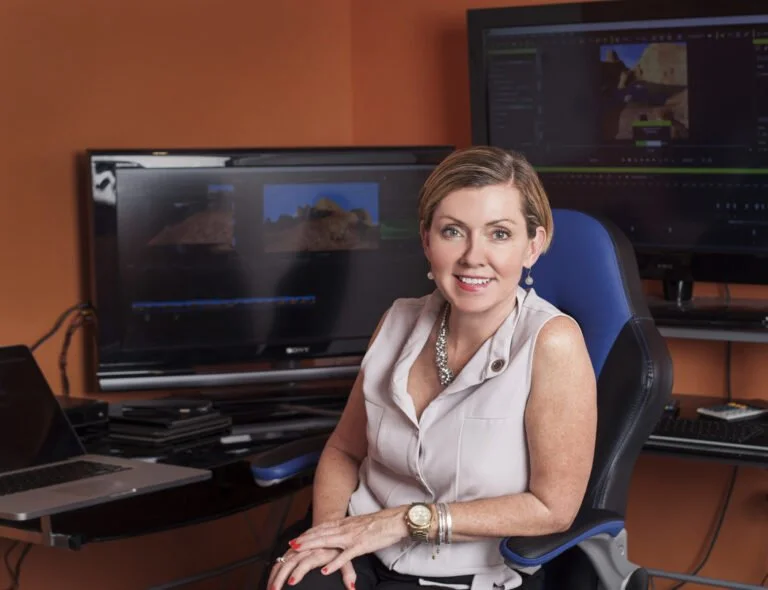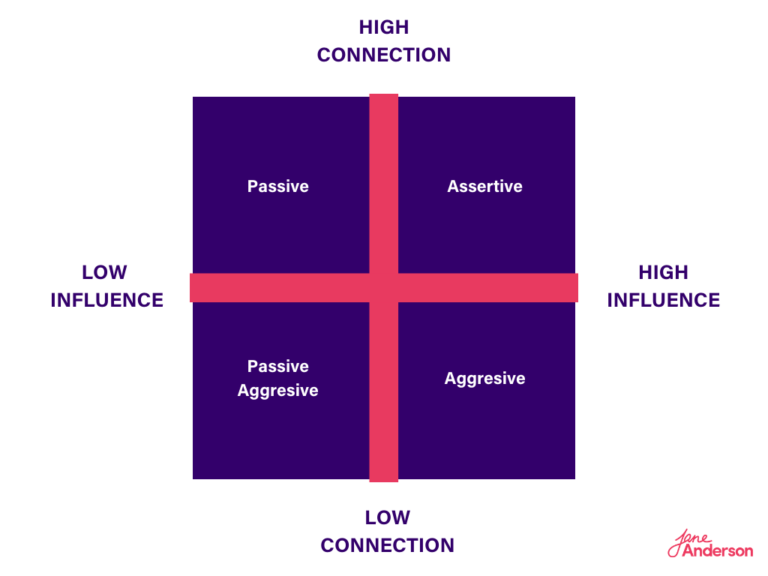Amplify Your Communication
Using your uniqueness to amplify your communication is a powerful communication technique to elevate your exceptionality.
We can often take our ability to communicate for granted. After all, it’s something that we do every day. But for skilled professionals, who need to cut through the noise, and speak for and to some of the best operators in an industry – or even the world – we need more. We need communication techniques that help us to amplify our communication to say more, reach more and be heard over the white noise polluting the globe.
The Importance of Communication
Maz Farrelly is the world-leading expert in reality television. She has interviewed over 10,000 people for some of the most recognised shows in the world including The X Factor, The Celebrity Apprentice and Q&A (among many, many others!). She is a media specialist, international, award-winning TV and film producer and author of Engage-o-tainment. And she is famous for saying, ‘It is not my job to be interested – it is your job to be interesting.’
When this comes from Maz, we should take it seriously. She’s a master communicator, who has worked for major media outlets, such as BBC UK, ITV, Channel 4 and Sky in the UK, and the ABC, Nine, Seven, Ten, Foxtel and BBC World Wide in Australia.
Maz has met thousands of possible candidates and talents for the shows she’s worked on. She’s listened to them sing, seen them dance and heard their stories and dreams. And she has an unerring ability to choose those people that are able to communicate to the world.
Maz has been able to take these communication techniques and use them to inspire individuals and businesses to better create strategic goals, build staff engagement, have more engaged marketing and social media, become better negotiators and improve corporate culture.
All because they are better communicators.
Communication is Power
Tony Robbins writes in Unlimited Power: The New Science of Personal Achievement, ‘Communication is power. Those who have mastered its effective use can change their own experience of the world and the world's experience of them. All behaviour and feelings find their original roots in some form of communication.’
Researchers define communication as ‘the exchange of ideas and interaction among group members.' It is the ‘process of expressing ideas and feelings or of giving people information’. So people that are able to utilise communication techniques to do this well are the ones who become incredible contestants on the X-Factor. Or they become powerfully effective CEOs or thought leaders.
But they don’t do this by being vanilla, or by standing in the back of the room shouting to be overheard. They amplify their voice by leveraging the things that make them unique. And it’s this uniqueness that acts as a megaphone to get them heard by more people, more often.
Using Your Uniqueness to Amplify Your Communication
Whenever I work with a speaker preparing them to take the stage, one of the first things we do is identify what it is that makes them unique – the thing that makes them interesting as Maz would say. We find this thing and then we amplify it. And this is precisely what Maz does when she chooses the participants for her shows.
Before you can amplify your own communication and communication techniques, you need to determine what makes you unique. Take the following four steps:
Step 1: Start by considering and identifying your values. Find them and share them.
Step 2: Next, consider your communication techniques. You should always speak your mind and be honest and upfront.
Step 3: Third, get inside the mind of your audience. Knowing your audience will help you express yourself in a way they’ll understand.
Step 4: Fourth, package your messages. Know your communication style and use it to deliver your messages.
4 Basic Communication Styles
Every leader and thought leader has their own communication style – the unique way they interact and exchange information. These are:
Passive. These communicators don’t exhibit much in the way of feelings or emotions, which makes them easy to get along with but can build up resentment over time which can decrease influence.
Aggressive. These communicators are often loud and characterised by a demanding style. They are sometimes considered rude, domineering and repel people. An influential style but doesn't always build trust.
Passive-aggressive. These communicators allow issues to build up and then act in subtle, indirect or secret ways. Their lack of directness can confuse some and risk losing trust and connection.
Assertive. These communicators use an open communication link but without being overbearing. To their audience it feels more transparent and certain, therefore building trust and influence.
Finding your unique communication style can help you to amplify your communication. So, if you’re arrogant, you can amplify this. When I’m working to help someone become more effective on stage, for example, we would embrace this communication style and make it funny by exaggerating those traits. Whenever you do this you are able to reach and relate to more people.
Of course, these four styles are just the base level when it comes to communication. Within it, there are many different communication types. So you might determine that you have a brash style of communication, or be more formal or casual, or maybe you’re very humble. Each of these elements can help you understand how to best reach your audience and amplify your communication through more aligned communication techniques.
Questions
1. What is your communication style? Brash, formal, aggressive?
2. How do they describe how you connect with your audience?
3. What can you do to amplify this communication and utilise better communication techniques?
I’d love to hear your thoughts…


